Ep. 82 - How to find freedom from perfectionism
[soundcloud url="https://api.soundcloud.com/tracks/716298934" params="color=#ff5500&auto_play=false&hide_related=false&show_comments=true&show_user=true&show_reposts=false&show_teaser=true" width="100%" height="166" iframe="true" /]
I’m bursting with excitement for you to hear this week’s episode of the podcast, because it’s my first ever totally solo episode. It also coincides with the launch of my first ever online course, ‘Freedom from Perfectionism’.
You might remember a few months ago I asked what you would most like a self-study course on. The overwhelming response from you all was on freedom from perfectionism.
This week’s podcast is all about my recovery from perfectionism - which I’m feeling nervous to share as it’s the most personal and vulnerable I’ve ever been, but I trust that by sharing my truth with you it might help you connect to yours.
Modern motherhood is unbelievably hard. We have this perfect storm of technology and social media and the rise in parental standards matched with a decline in parental support. I believe if we have any perfectionist tendencies, it can be one of the things that push us over the edge.
Perfectionism is the red thread that runs through my own journey of healing – so in this week’s episode, I share how I recovered from it – and am still recovering, daily. I hope you enjoy it.
You can find out more about my new online course, ‘Freedom from Perfectionism’ here. And don’t forget there’s a discount code to save 10% which is MOTHERKIND10
You can download a full transcript of this episode here
Key Takeaways From This Episode:
Modern Motherhood Perfectionist Tendencies
-
As parental standards have risen, we're in this perfect storm of how hard it is to be a modern mother. (05:03)
-
Motherhood and perfectionism intersect and manifest as mothers push themselves, and be hard on themselves without giving themselves a break. (05:47)
The Root of Perfectionism
-
Perfectionism is about not feeling enough just as you are. It's about wanting validation from outside of ourselves to feel okay on the inside. (06:43)
-
Low self-esteem significantly contributes to having a mindset of perfectionism. (06:59)
-
This can also lead to distorting truths to fit in. It was "abandoning myself to get this external validation." (08:03)
Control and Perfectionism
-
In order to keep afloat, you create this image that things are going well on the outside. This image manifests in procrastination. (10:40)
-
This false image of perfectionism and wanting to be the best leads to burnout in the long run. (11:53)
-
Perfectionism happens when you feel like you have to control everything in your life to feel safe. You would have to plan every second. You could never go with the flow. (12:55)
-
A huge part of perfectionism is trying to control what others think of us. (15:20)
How Perfectionism Links To Mental Health Challenges In Family
-
Even if you're a positive person, coming from a family with a history of mental health challenges can significantly affect your outlook in life. (16:35)
-
Families need to share these challenges and talk about them to provide the proper interventions and prevention management. (17:28)
-
Being an overachiever and highly-compliant as a child—being the model child—can be an adaptation to not wanting to feel negative feelings. (22:02)
-
If the parents are not aware and are not conscious of approaching these feelings, they unconsciously set up a pattern that achievement means success and achievement indicated praises. (24:18)
Healing and Recovery
-
Fellowship, meditation, yoga, and therapy are some of the healthy coping tools in healing and recovery from perfectionism. (18:11)
-
Hearing where other people's challenges come from in therapy can help identify where is yours coming from. (19:31)
-
Feelings are a natural way of life. It is essential to know how to handle it as early as a young age. (20:01)
-
Therapy can help unpack these thoughts and feelings. (22:52)
-
Recovery starts from unravelling your beliefs and start rewriting them. (25:13)
-
It is crucial to practice healing and self-kindness daily. Ask yourself this question every day: "What would I do differently today?" (29:01)
-
Self-kindness is the antidote to harmful vulnerability. (31:08)
-
Journaling about your experiences can allow you to stay aware and not spin off into a panic. (35:00)
As always, we continue the conversation over on Instagram, so once you’ve listened to the episode, come and join me there to let me know what you think!

